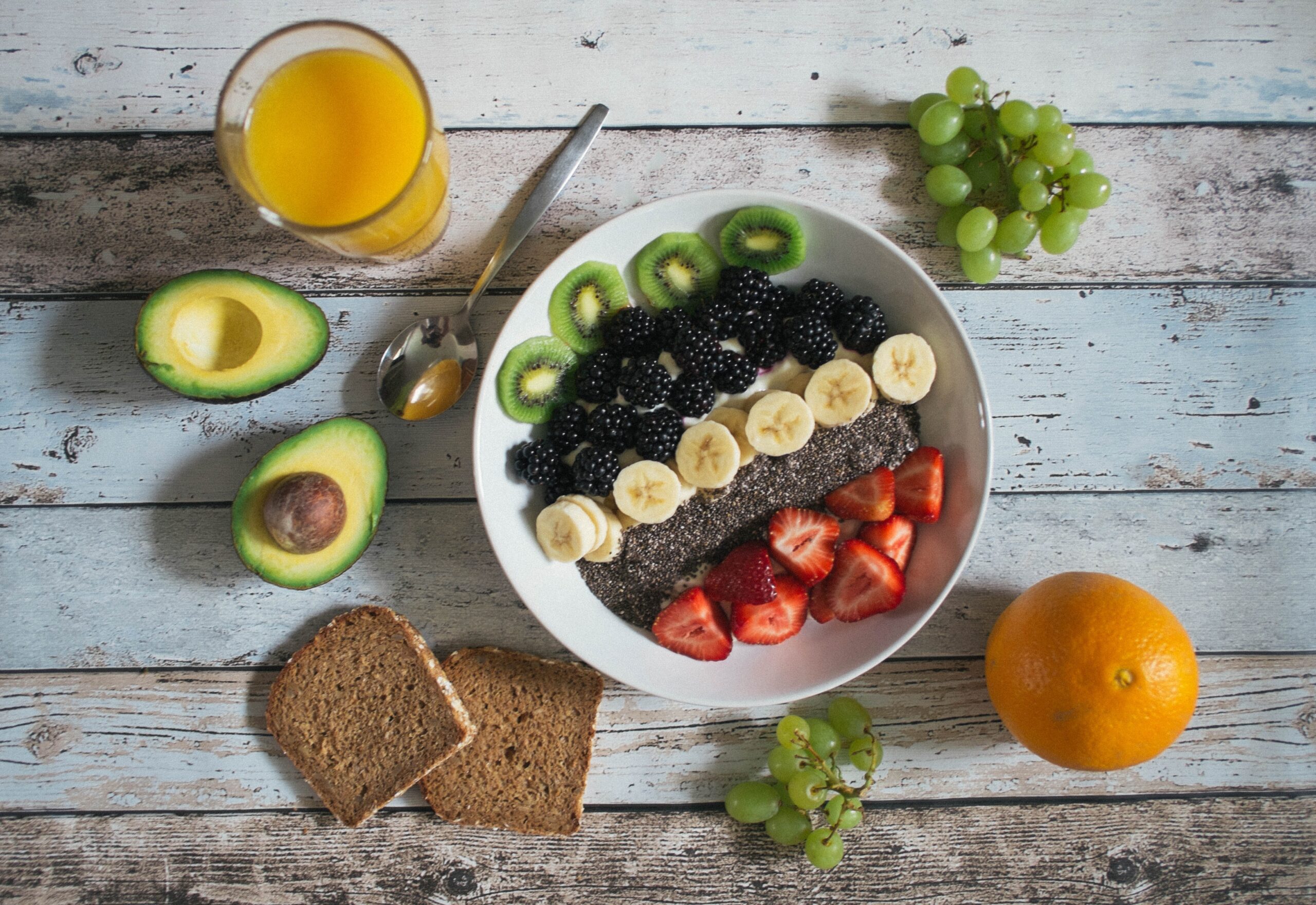1). Diet and lifestyle
This should always be the foundation of your cardiovascular health care needs. Try following a Mediterranean style pattern that emphasizes fruits, veggies, nuts/seeds, beans/legumes, lean meat, and fish as best you can.
The Portfolio diet, has been studied to provide an estimated 15-30% reduction in LDL “bad cholesterol”
It consists of:
- 2 ounces of nuts/seeds daily
- 50 grams plant protein from beans/legumes (1 cup of soy milk + 2 cups of cooked lentils would just about achieve this)
- 20 grams soluble fiber: Oats, barley, psyllium husk, fruits with edible skins
- 2 grams plant sterols – purchased as a supplement
Importantly, each component provides about a 5% reduction in your LDL, and they have an additive effect. Someone who is allergic to nuts/seeds would still benefit with the other components of the diet and can expect a 10-15% reduction in their LDL cholesterol as opposed to someone who’s able to do all 4 components and get about a 20-30% improvement.
2). Statin medications
These medications can lower your LDL upwards of 50-60%.
They are the most effective medications for lowering your cholesterol, have been studied extensively, are safe, and have been proven in hundreds of thousands of individuals in multiple large research trials to prevent outcomes such as heart attacks and strokes.
There are other medications available, however, either due to cost or lack of adequate efficacy are generally not recommended if you aren’t already on a statin.
3). Supplements
There are supplements that can help provide additional cholesterol lowering benefits, however, should not take the place of diet and lifestyle changes or statins unless there are specific indications to do so.
In addition to plant sterols two additional supplements that have evidence to suggest they may help lower cholesterol include Red Yeast Rice & Berberine.
Red Yeast Rice: A component within red yeast rice is what statins are derived from. However, the necessary doses to get the desired effect from red yeast rice is much higher than what is available in most over the counter supplements. Additionally, many red yeast rice products are tainted or of poor quality and must be used with caution.
Berberine: Berberine can lower both cholesterol and improve blood sugar regulation making it a particularly useful choice in those with blood sugar issues such as diabetes or individuals at high risk for developing diabetes.
Although cholesterol should be managed appropriately, some individuals may only need a few tweaks here and there, and others may need more comprehensive management.
If you have more questions or concerns schedule a consultation with the Northwest Integrative Medicine Team to understand the right course of action for you!
References:
- Silverman MG, Ference BA, Im K, et al. Association Between Lowering LDL-C and Cardiovascular Risk Reduction Among Different Therapeutic Interventions: A Systematic Review and Meta-analysis. JAMA. 2016;316(12):1289-1297.
- Cholesterol Treatment Trialists’ (CTT) Collaborators, Mihaylova B, Emberson J, et al. The effects of lowering LDL cholesterol with statin therapy in people at low risk of vascular disease: meta-analysis of individual data from 27 randomised trials. Lancet. 2012;380(9841):581-590
- Luirink IK, Wiegman A, Kusters DM, et al. 20-Year Follow-up of Statins in Children with Familial Hypercholesterolemia. N Engl J Med. 2019;381(16):1547-1556.
- Cai T, Abel L, Langford O, et al. Associations between statins and adverse events in primary prevention of cardiovascular disease: systematic review with pairwise, network, and dose-response meta-analyses. BMJ. 2021;374
- 2019 ACC/AHA Guideline on the Primary Prevention of Cardiovascular Disease: A Report of the American College of Cardiology/American Heart Association Task Force on Clinical Practice Guidelines. Circulation. 2019;140(11)
- Grundy SM, Stone NJ, Bailey AL, et al. 2018 AHA/ACC/AACVPR/AAPA/ABC/ACPM/ADA/AGS/APhA/ASPC/NLA/PCNA Guideline on the Management of Blood Cholesterol: A Report of the American College of Cardiology/American Heart Association Task Force on Clinical Practice Guidelines. Circulation. 2019;139(25)
- Authors/Task Force Members; ESC Committee for Practice Guidelines (CPG); ESC National Cardiac Societies. 2019 ESC/EAS guidelines for the management of dyslipidaemias: Lipid modification to reduce cardiovascular risk. Atherosclerosis. 2019;290:140-205.
- Chiavaroli L, Nishi SK, Khan TA, et al. Portfolio Dietary Pattern and Cardiovascular Disease: A Systematic Review and Meta-analysis of Controlled Trials. Prog Cardiovasc Dis. 2018;61(1):43-53.
- Banach M, Patti AM, Giglio RV, et al. The Role of Nutraceuticals in Statin Intolerant Patients. J Am Coll Cardiol. 2018;72(1):96-118.
- Cicero AFG, Fogacci F, Zambon A. Red Yeast Rice for Hypercholesterolemia: JACC Focus Seminar. J Am Coll Cardiol. 2021;77(5):620-628.
- Ju J, Li J, Lin Q, Xu H. Efficacy and safety of berberine for dyslipidaemias: A systematic review and meta-analysis of randomized clinical trials. Phytomedicine. 2018;50:25-34.
- Liang Y, Xu X, Yin M, et al. Effects of berberine on blood glucose in patients with type 2 diabetes mellitus: a systematic literature review and a meta-analysis. Endocr J. 2019;66(1):51-63.

